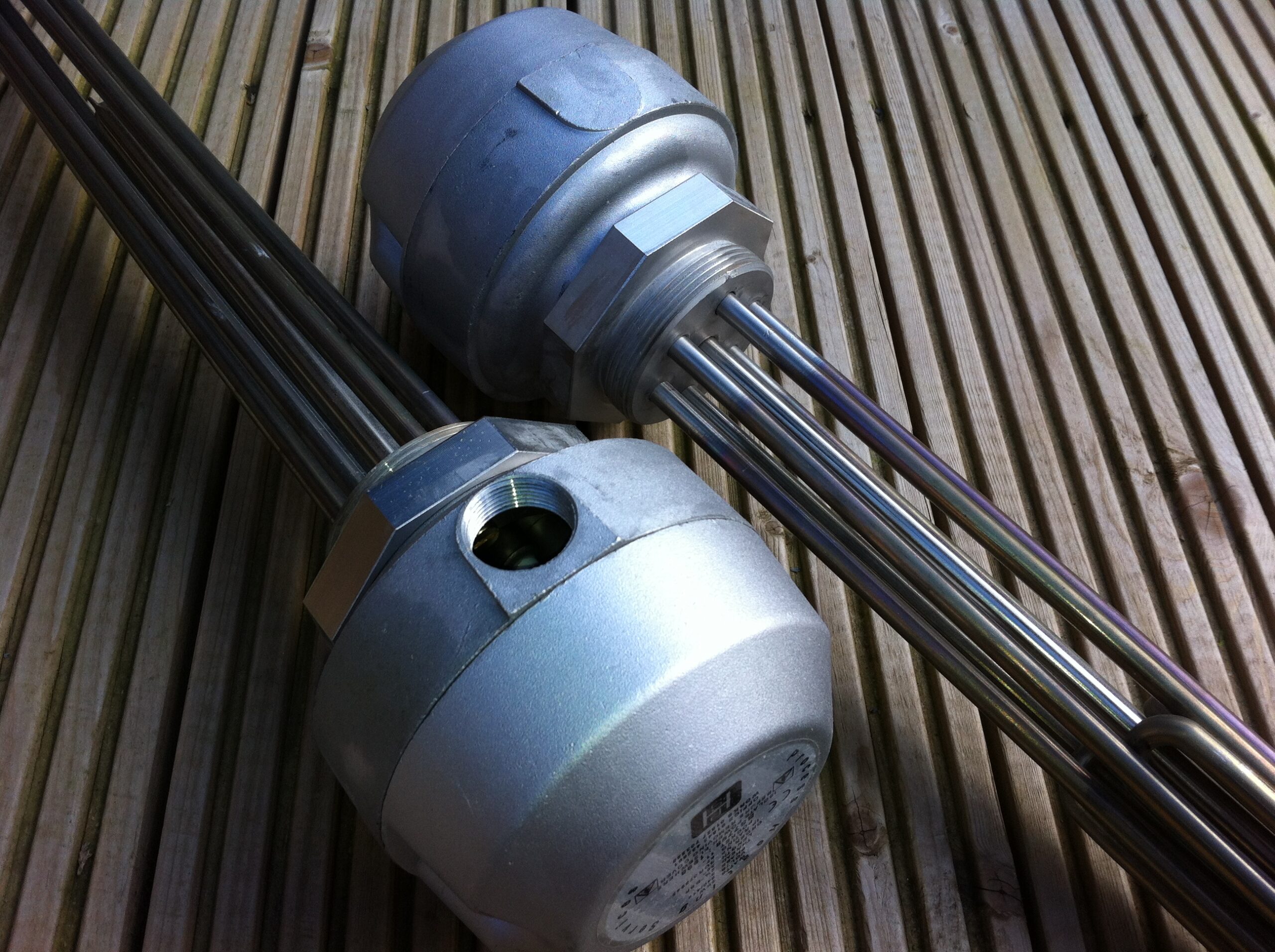When they are operating, immersion heaters are, by definition, immersed in a fluid of some kind. If that fluid is water or water-based, there is an inevitable risk of unwanted and potentially structurally damaging oxidation of the surface of any heating element and other metallic surface.
Corrosion isn’t just an aesthetic problem; it can stop a heater from heating. So the answer is to ensure that the parts of the immersion heater that will actually be immersed are either made from materials that are resistant to corrosion and/or coated in such materials in a way that prevents any ingress.
Ingress protection
The internationally recognised standards for “ingress protection” are called IP Codes. These specify the extent to which a product can be exposed to water and dust without entry of these substances into their construction or mechanism.
Corrosion resistance
Even if components of a device are protected from water exposure, there may be parts that must remain in contact with it for its normal functioning. For these, the only way to prevent rust damage is to ensure that the material from which they are made is itself corrosion resistant.
Incoloy alloy 800
Incoloy 800 is a branded alloy of nickel, iron, and chromium invented by the Special Metals Corporation Group specifically for higher-temperature applications (like the construction of immersion heater elements). It’s basically a specialist stainless steel.
PHS PII Range
You can buy Process Heating Services’ corrosion-resistant, IP67 industrial immersion heaters here.
